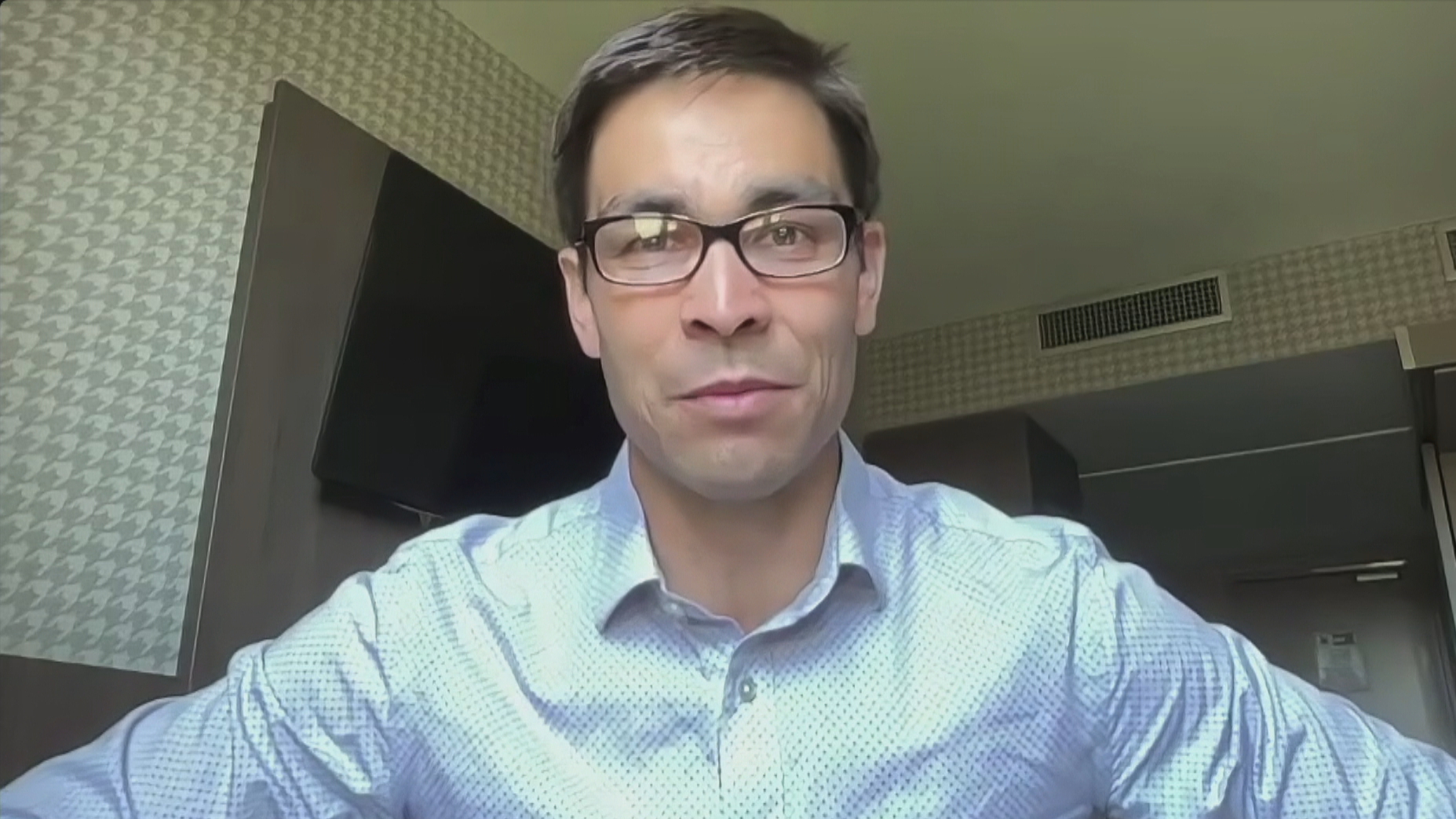How Canada is lagging when it comes to clamping down on ‘greenwashing’
“Eco-friendly.” “Carbon neutral.” “Net-zero.”
These kinds of claims are a near-constant in advertising campaigns and promotions.
But it can be difficult to know if they are true.
The federal government wants to strengthen how the Competition Bureau handles complaints about “greenwashing” — a blanket term for misleading or unsupported statements about a product or company’s environmental record.
Even with those changes, though, advocates say Canada will still be far behind the European Union and other jurisdictions when it comes to making sure a company’s statements are accurate.
“We are lagging,” said Matt Hulse, a lawyer with the Canadian environmental group Ecojustice.
“We’re seeing decisions by competition bureaus or the equivalent in other countries that we’re not making here in Canada.”
The calls for improvements come against a backdrop of increased accusations of deceitful marketing practices, with Canada’s largest bank and an oilsands group both the subject of investigations.
Some business leaders, as well, fear rampant greenwashing undermines honest efforts to build enviro-friendly brands.
The Competition Act, which applies to advertising claims, is expected to be amended as part of legislation making its way through Parliament.
The proposed changes would require businesses that claim a product has environmental protection or climate change benefits to be able to back up their statements with “an adequate and proper test.”
Yet these new rules will be difficult to enforce, critics say.
“We don’t have the level of oversights and enforcement that we need and that’s the result of a lot of different factors, one being the lack of capacity from the Competition Bureau to tackle these issues,” Hulse said.
Slow process, few fines
In total, eight investigations involving greenwashing have been opened by the Competition Bureau in the past two years, including one against the Royal Bank and another against Pathways Alliance, which represents major oilsands producers.
Neither has been settled. Others that have resulted in fines have been few and far between.
One of the most significant was against Keurig Canada, which was ordered by the Competition Bureau in 2022 to pay a $3 million penalty for making misleading claims that its single-use K-Cup pods can be recycled.
Last year, Shell Canada halted a promotional campaign which encouraged customers to fund carbon-offset projects at the fuel pump amid an investigation by the bureau.
Greenpeace filed the complaint, arguing there was a lack of evidence Shell could wholly offset emissions from its fossil fuels and major shortcomings with its carbon offsets scheme.

Keith Stewart, a spokesperson for the environmental group, said he sees Shell dropping the campaign as a victory.
But it also highlights Canada’s flawed process, he said. The Shell campaign ran for three years, from 2020 until November 2023, ending before the bureau made a decision.
“If you’re a company, what you could do is you could start an advertising campaign and when the complaint goes in, you withdraw the advertising campaign,” Stewart said.
“We actually need to have some real teeth put into our truth-in-advertising laws.”
In the Netherlands, by contrast, Shell was quickly ordered in 2021 to discontinue the Dutch version of its campaign, arguing that the neutrality claim could not be proven. (Shell disputed the decision, but lost its appeal).
In a statement, Shell spokesperson Stephen Doolan said the company decided to retire the program in Canada.
“Our focus remains on providing our customers with the most competitive offers, including low-carbon alternatives that keep pace with consumer demand,” Doolan said.

A game of ‘Whac-A-Mole’
In Canada, environmentalists argue the rules against greenwashing should apply not just to claims about a product itself, but also to a company’s commitments, such as a promise to achieve “net-zero” by 2050.
Such commitments, Hulse says, should be supported with publicly available evidence.
A separate department within the Competition Bureau, something like a watchdog unit recently set up in the United Kingdom, would also help speed up the process, he said.
“It all starts with the enforcement capacity,” he said. “Are we tackling this systemic problem in a systemic manner and not doing a bit of a Whac-A-Mole as complaints happen to come across the doorstep of the Competition Bureau?”
The European Union is planning to put in place more specific rules to address deceptive marketing.
Under a proposed law, terms like “environmentally friendly,” “natural,” “biodegradable” and “climate neutral” would be prohibited — unless a company can offer proof.
Businesses want clarity, too
In a statement, Innovation Canada, which oversees the Competition Bureau, said the proposed rules regarding environmental claims builds on the bureau’s “existing expertise in enforcing the law, and will apply economy-wide.”
Still, experts warn that, without stronger regulations, the faith consumers have in green commitments will be further eroded.
Already, more than half of Canadian consumers do not believe most green claims brands make, according to a recent survey by Deloitte.
As it stands, the lack of clarity isn’t just an issue for environmentalists. Businesses are also frustrated, says Wren Montgomery, who specializes in corporate sustainability at the Ivey Business School at Western University in London, Ont.
“Companies are really scared about sort of stepping in it around greenwashing, which makes them really hesitant to speak out,” she said.
Montgomery recalled speaking to a classroom full of executives who told her: “‘We want to do more and we want to talk about what we’re doing, but we’re really scared that we’re going to be called out for greenwashing.'”
“I think that really speaks to the sort of ambivalence and confusing nature of what’s out there now,” she said.

;Resize=(620))
;Resize=(620))
;Resize=(620))